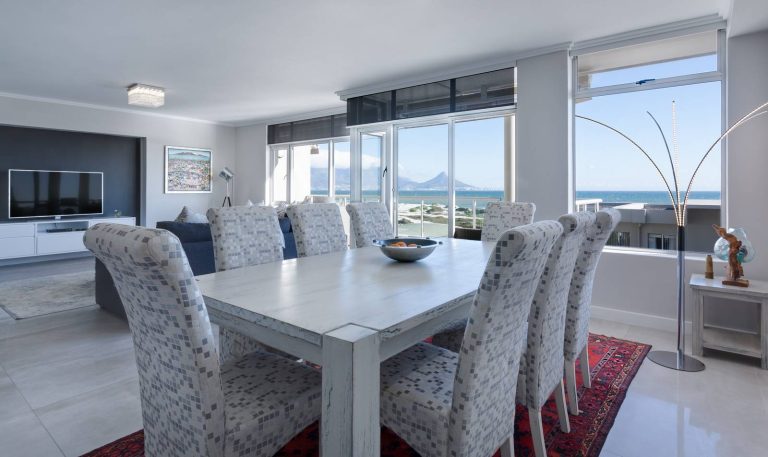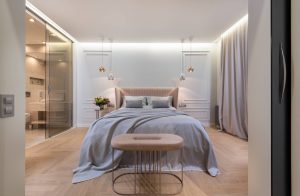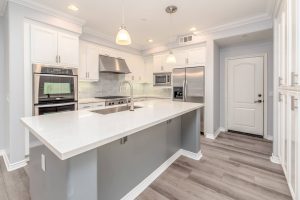Home Ownership in Toronto and the Costs
When it comes to investing in a home, there’s no doubt that Toronto is a prime candidate for potential homebuyers around the world. The city’s vibrant culture, exciting attractions and bustling lifestyles make Torontonians proud of their city–and it’s easy to see why. However, with a thriving real estate market comes a hefty cost – the true cost of home ownership in Toronto.
From property taxes to closing costs, it is important to understand the financial obligations associated with buying a home in Toronto before making such a significant purchase. Here, we will delve into the real costs of home ownership in this world-renowned city.
Property Prices in Toronto
The cost of home ownership starts with the purchase of the home itself. In Toronto, the median home price is currently sitting near the $750,000 mark. This number is slightly more favourable than markets such as British Columbia, where the median home price has climbed to $1.05 million in some areas. Although the price tag may be daunting to some, the money spent on a house can be seen as an investment over time.
When looking to buy in Toronto, it is essential to consider all of the additional costs that must be taken into account before signing on the dotted line. Below, we’ll break down some of the major financial elements involved in home ownership in the city.
Closing Costs
Closing costs represent a small but important part of the home-buying process. The costs can vary between provinces, and they generally include land transfer tax, lawyer’s fees, title insurance, and mortgage interest adjustment. According to the Canadian Mortgage and Housing Corporation (CMHC), closing costs in Toronto can range from the low end at approximately 1.5% of the purchasing price up to 4.5% of the home’s cost.
Property Taxes
Property taxes must be paid annually throughout the life of a mortgage. Property tax payments in Toronto can range from 1 to 2 percent of the total home value. Property taxes are also affected by things such as forest fire protection, library services, and policing in some areas.
Mortgage Costs
When buying a home, most individuals must take out a mortgage loan in order to cover the costs of the home’s purchase. The mortgage rate for Toronto property typically sits between 2-4%, although this will depend entirely on the buyers financial conditions. Markets such as the US often see extremely low mortgage prices, but this is not the case in Canada, where the nation’s banking system bases constant mortgage rates on the bank of Canada’s prime rate.
Maintenance & Upkeep
Of course, on top of the cost of a home and its related fees, there are also maintenance costs to consider. From repairs, to lawn care and snow removal, these costs can add up quickly, and can be difficult to budget for.
The Benefits of Owning a Home in Toronto
It’s no secret that home ownership carries a variety of perks, some of which can outweigh the monetary costs of the purchase. Home ownership brings stability and pride to families, and can be beneficial to one’s long-term financial security, depending on the property. Investing in a home in Toronto can offer a great number of benefits, including potential for increased property value, access to superb schools, excellent healthcare, job opportunities, parks and recreation, and vibrant cultural attractions.
Buying a home in Toronto is no easy feat. The true cost of home ownership in this city can become hefty quickly. Before making an investment of such magnitude, it is important to consider all of the financial aspects associated with home ownership in Toronto, from property taxes to closing costs, mortgage payments, and the annual upkeep of the home. Ultimately, the purchase of a property in this city can prove to be beneficial in more ways than one – it all boils down to personal preference, budget, and finding the right place to call home.
FAQs
Q. What is the average price of a home in Toronto?
A. The median home price in Toronto is currently sitting near the $750,000 mark.
Q. Are there additional costs associated with purchasing a home in Toronto?
A. Yes, there are a variety of additional costs associated with the purchase of a home in Toronto, including closing costs, mortgage payments and annual upkeep of the home.
Q. What factors should a potential homebuyer consider before purchasing a home in Toronto?
A. Potential homebuyers should consider factors such as their budget, potential for increased property value, access to schools, healthcare, job opportunities, parks and recreation, and other cultural attractions in the city.
Q. How can investing in a home in Toronto be beneficial?
A. Investing in a home in Toronto can provide increased stability and pride to a family, as well as potential for increased property value, access to superb schools, excellent healthcare, job opportunities, parks and recreation, and vibrant cultural attractions.
Q. Are property taxes different in Toronto than in other cities?
A. Yes, property taxes in Toronto can range from 1 to 2 percent of the total home value. Property taxes are also affected by things such as forest fire protection, library services, and policing in some areas.


































